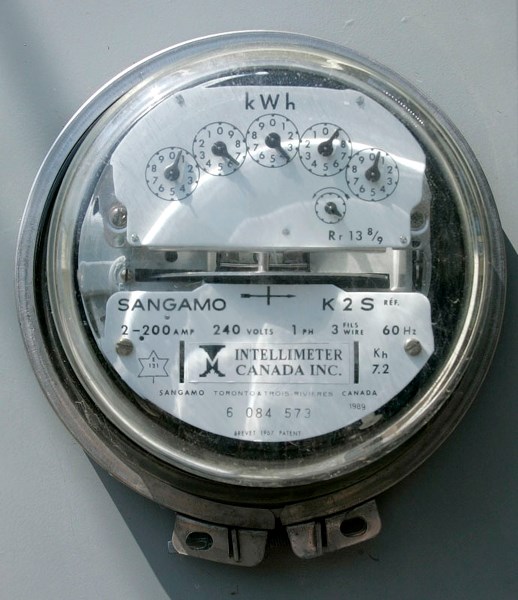ATHABASCA - Electricity has become something most Canadians take for granted — whether it’s the ability to flick the switch for an overhead light, or the needed power to keep the furnace running, we’ve come to rely on our immediate access to the grid.
But what happens when that grid access gets disrupted? In a city, prolonged outages are rare, but rural settings bring a plethora of different risks that can sometimes take days to get sorted.
“In the wintertime, a strong wind, extreme cold weather, or any broken tree can cause a power outage, and that’s a big problem,” said Vedat Yilmaz, a local electrician whose company installs generators. “Plus, things like your waterlines can get frozen without heat.”
Yilmaz said much of his company’s work takes place on rural properties, including in Lac La Biche County, and the Municipal District of Lesser Slave River.
Equally important to having a generator is regularly testing it. Well-maintained generators will last for years, but it’s important to test the equipment regularly in non-critical conditions. As Athabasca County fire chief Travis Shalapay said in last week’s Acreage Living section, equipment rarely fails at opportune times.
How to prepare
FortisAlberta lists a variety of supplies a house needs to stay safe during a power outage. Besides alternative power sources, non-perishable food is important — food in a fridge will rapidly deteriorate after 48 hours with no power — and heat sources such as blankets, safe candles, and extra wood for a fireplace never hurt, either.
“Know the exact location of your main breaker so you can easily restore power if the problem is your breaker, and use surge protectors for valuable electronics,” reads a section on the company’s website.
For must-run operations, especially on farms, Fortis also recommends installing a generator, but there’s steps to take beyond that.
To keep farm animals safe, create a warming area for younger livestock using bales and a plastic tarp, build a water reservoir with tanks or barrels and cover it with straw bales, and be sure to keep extra feed and water on hand.
Some important things to keep in mind are carbon monoxide poisoning — appliances such as a gas oven or stove should not be used as a heat source, and outdoor appliances should not be brought inside — and make sure you can manually open any electronic doors, including garages.
With all supplies, make sure the house is stocked to get residents through a 72-hour long power outage.



